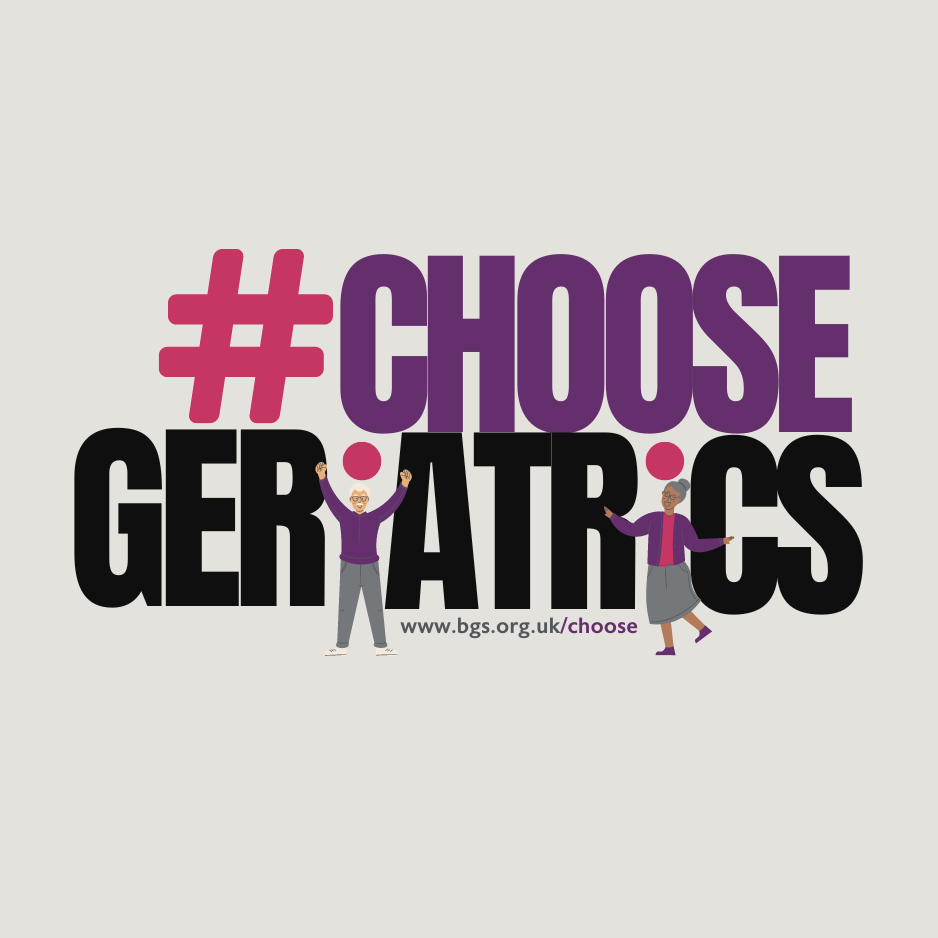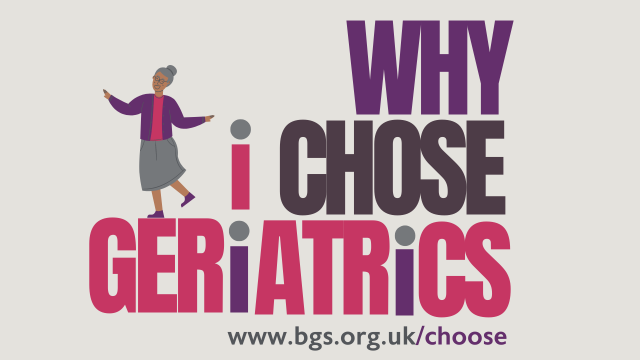Ceri Thomas is a Senior Advanced Clinical Practitioner in orthogeriatric care at the Princess of Wales Hospital in Bridgend, South Wales. Her background is in nursing with 28 years’ experience post registration. She completed an MSc in Advanced Clinical Practice in 2010 and an MSc in Ageing Health and Disease in 2022. She posts on X @CeriTho56615874.
Rhian Jenkins is an Advanced Clinical Practitioner in orthogeriatric care at the Princess of Wales Hospital in Bridgend, South Wales. Her background is in nursing with 22 years’ post registration experience, predominantly in care of older people. She completed an MSc in Advanced Clinical Practice in 2016.
Nicholas Liu is a Senior Physiotherapist in Trauma and Orthopaedics at the Princess of Wales Hospital in Bridgend, South Wales. He is specialised in Trauma and Orthopaedics Physiotherapy and has 7 years’ experience in this specialty.
It is well established that co-management with an orthogeriatric model of care improves patient outcomes. What is also evident is the need for a multidisciplinary approach, including around the acute fracture episode. Due to underlying frailty and associated syndromes, this population is susceptible to developing post-operative complications, which calls for specialist review and management from an expert team.
Through the application of Advanced Clinical Practice, the more traditional roles of healthcare professionals such as nurses and physiotherapists have been developed, allowing for more effective patient care and intervention.
Case study
Mrs X was a 93-year-old lady who was admitted to hospital following a fall in her garden. She described missing her seating while attempting to sit in her garden chair. She had suffered a fractured right neck of femur and had undergone a dynamic hip screw.
She was under the care of the Trauma and Orthopaedic team but was also being reviewed post-operatively by the Advanced Clinical Practitioners (ACPs) in the Orthogeriatric (OG) Service.
On day two of her post-operative review, it was noted that she had developed some new respiratory signs and symptoms. She also appeared to be struggling with oral fluids. A chest x-ray was requested and reviewed by the senior OG ACP. A right lung consolidation was noted, and the patient started a treatment for an aspiration pneumonia.
On day three of her post-operative review, the ward nursing staff raised concerns that Mrs X appeared to be clinically deteriorating. She was desaturating and was struggling to clear her secretions. She was reviewed again by the OG ACPs. Further imaging was requested and reviewed, which showed a worsening infective picture and so antibiotic therapy was escalated.
The Senior Physiotherapist worked alongside the OG ACPs from the onset of the clinical deterioration. The additional skills of the physiotherapist allowed the correlation of the clinical picture and chest imaging to enable the optimal positioning of the patient to improve ventilation. Suctioning skills were administered to aid airway clearance. Specialised modalities for oxygen support were set up. Advice regarding potential mucolytic agents to aid with secretion management was offered. This level of support from physiotherapy was provided overnight with reviews done late into the evening and in the early hours of the morning. By the following morning the patient’s condition had stabilised.
Understanding frailty and its effect during the perioperative phase is key. Pneumonia is a well-known complication in patients with hip fracture. Dysphagia in frail older patients, especially post-operatively, can lead to aspiration and consequently aspiration pneumonia.
Physiotherapy is often misunderstood in an inpatient setting and the role it plays in managing patients, especially those who become acutely unwell. The role extends beyond exercise prescription and mobility practice. We work collaboratively alongside our colleagues to prevent acute deterioration and support individuals to remain well and stable in hospital.
It is imperative that this frailer population receives the application of all available multidisciplinary skillsets if they are to gain the best chance of recovery and function. Seeing people improve after significant and life-changing injuries is the most rewarding part of our job. Supporting older people and guiding them through some of the scariest moments of their life, is why we #ChooseGeriatrics.


